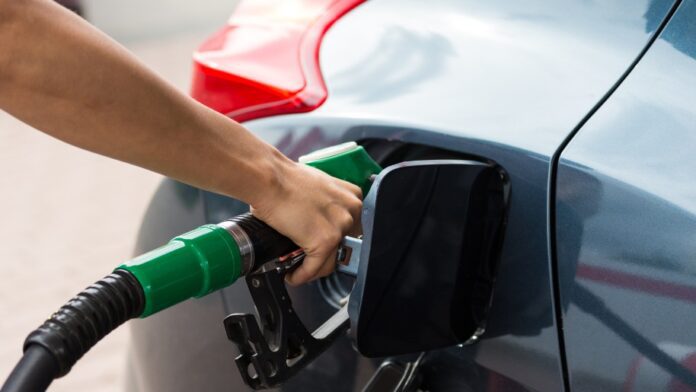In a recent development, the Economic Coordination Committee (ECC) of Pakistan has approved an increase in the profit margin for petroleum dealers and oil marketing companies (OMCs). This decision is expected to lead to another round of price hikes for petrol and diesel, set to take effect on September 15. The caretaker government, under the leadership of Caretaker Finance Minister Shamshad Akhtar, determined that a profit margin increment of Rs3.5 per litre is justified for both gasoline and diesel. In this article, we will delve into the specifics of this decision and its potential consequences for the public and the economy.
ECC’s Decision and Margin Increments
During a comprehensive discussion led by Finance Minister Shamshad Akhtar, the ECC reached a consensus to increase the profit margin for OMCs and retailers. The decision entails a phased approach, with the first phase scheduled to begin on September 15. In this initial phase, the ECC approved a margin increase of Rs1.87 per litre for OMCs. Simultaneously, a margin increment of Rs1.64 was granted for gasoline and diesel retailers. Consequently, on the same day, consumers can expect a price hike of Rs0.41 per litre for both gasoline and diesel.
It is noteworthy that these margin increments are aimed at providing relief to petroleum dealers and OMCs, who have faced challenges due to the volatile nature of global oil prices and rising operational costs. However, the burden of these margin increments is likely to be transferred to consumers in the form of higher fuel prices.
Previous Price Hikes
Before delving further into the implications of this decision, let’s briefly recap the recent price hikes in Pakistan’s petroleum sector. On August 31, the caretaker government raised the price of gasoline by a substantial Rs14.9 per litre, bringing the total price to Rs305.36 per litre. Similarly, the cost of one litre of high-speed diesel (HSD) surged to Rs311.84, reflecting an increase of Rs18.44 over the previous price.
Prior to this, on August 16, gasoline prices had already been raised by Rs17.50 per litre, reaching Rs290.45, and the price of high-speed diesel stood at Rs293.40. The federal government had previously implemented an increase in the price of gasoline on August 1, amounting to Rs19.95 per litre.
Implications for Consumers and the Economy
The ECC’s decision to increase profit margins for petroleum dealers and OMCs raises concerns about its impact on consumers and the overall economy. With fuel prices already on an upward trajectory, the additional burden of these margin increments will undoubtedly strain the budgets of ordinary citizens and businesses alike.
As petrol and diesel prices surge, the cost of transportation and daily commuting will rise, leading to an increase in the overall cost of living. This can result in inflationary pressures, making it more challenging for the average Pakistani to make ends meet. Moreover, businesses that heavily rely on fuel for their operations may face higher production costs, potentially leading to reduced profitability and job cuts.
The ECC’s decision also has wider economic implications. As fuel prices continue to climb, it can negatively impact economic growth, as increased transportation costs can deter investment and consumer spending. Additionally, the increased cost of production may hinder the competitiveness of Pakistani goods in the international market.
Government Response and Alternatives
In light of these concerns, it is crucial for the government to consider measures to mitigate the adverse effects of fuel price hikes. This may include targeted subsidies for vulnerable populations, investing in public transportation infrastructure to reduce reliance on private vehicles, and exploring renewable energy alternatives to reduce the country’s dependence on fossil fuels.
Furthermore, it is imperative for the government to enhance transparency in the pricing mechanism for petroleum products, ensuring that any future price adjustments are based on accurate market conditions and are implemented in a manner that minimizes the impact on the public.
Conclusion
The ECC’s decision to increase profit margins for petroleum dealers and OMCs, resulting in imminent fuel price hikes, presents significant challenges for the Pakistani economy and its citizens. As prices continue to rise, it is essential for the government to adopt a comprehensive approach that balances the needs of businesses and consumers while promoting sustainable and affordable energy solutions. Finding a delicate equilibrium in the petroleum sector is vital to ensuring the well-being and economic stability of the nation.

